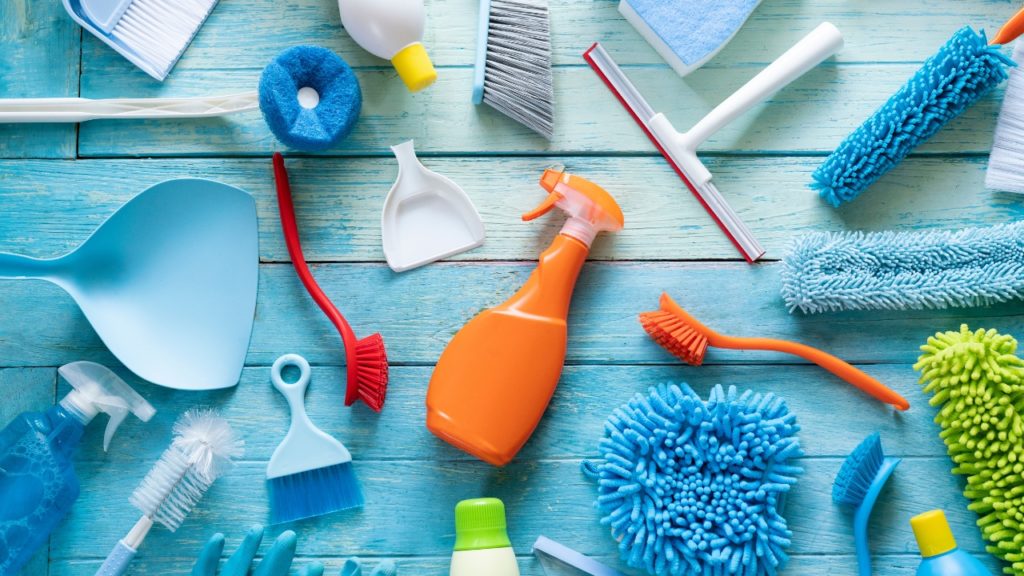When it comes to cleaning, not all spaces are created equal.
The type of cleaning required for homes and commercial establishments can vary significantly due to their distinct purposes, layouts, and cleaning needs.
In this article, we’ll dive into the key differences between residential and commercial cleaning, shedding light on the unique challenges and considerations that cleaning professionals face in each setting.
Understanding the scale and scope
One of the most apparent differences between residential and commercial cleaning lies in the scale and scope of the work.
Residential cleaning typically involves individual homes or apartments, each with its unique layout and requirements.
In contrast, commercial cleaning encompasses a wide range of businesses and facilities, such as offices, retail stores, restaurants, and healthcare centers.
Commercial spaces tend to be larger and more complex, often requiring specialized cleaning approaches.
The scope of cleaning also differs significantly. In residential settings, the focus is primarily on maintaining a clean and comfortable living environment for the occupants.
This includes tasks like dusting, vacuuming, and bathroom cleaning.
Commercial cleaning, on the other hand, may involve tasks specific to the industry, such as sanitizing kitchen areas in restaurants, disinfecting medical facilities, or maintaining high-traffic areas in office buildings.
Frequency and scheduling
Another notable distinction is the frequency and scheduling of cleaning services.
Residential cleaning typically follows a more flexible schedule, with homeowners or renters determining when and how often they need cleaning.
Many opt for weekly, bi-weekly, or monthly cleaning appointments. The schedule can be adjusted based on individual preferences and lifestyle.
In contrast, commercial cleaning often adheres to stricter schedules and standards.
Businesses must maintain a clean and inviting environment for customers and employees.
This often means daily or nightly cleaning routines to ensure that spaces are consistently pristine.
The timing of commercial cleaning services is carefully coordinated to minimize disruption to business operations, with tasks like floor cleaning and trash removal typically occurring outside of business hours.
Specialized equipment and training
Residential and commercial cleaning also differ in terms of the equipment and training required.
While residential cleaning may involve common household cleaning tools, commercial cleaning often demands specialized equipment such as industrial-grade vacuum cleaners, floor scrubbers, and carpet extractors.
Cleaning professionals in commercial settings are trained to handle these machines and tackle larger areas efficiently.
Additionally, commercial cleaners may need to adhere to industry-specific regulations and guidelines.
For example, cleaners in healthcare settings must follow stringent sanitation protocols, while those in food service establishments must focus on preventing cross-contamination.
These specialized requirements necessitate additional training and expertise.
In conclusion, while both residential and commercial cleaning share the common goal of maintaining cleanliness, they differ significantly in terms of scale, scope, scheduling, and specialized requirements.
Cleaning professionals must adapt their skills and approaches to suit the specific needs of each setting, ensuring that both homes and businesses enjoy clean and hygienic environments tailored to their unique demands.

Meet July Silva, the driving force behind Cleaning Day. With a passion for creating cleaner and healthier living spaces, July has dedicated herself to the world of professional cleaning.
